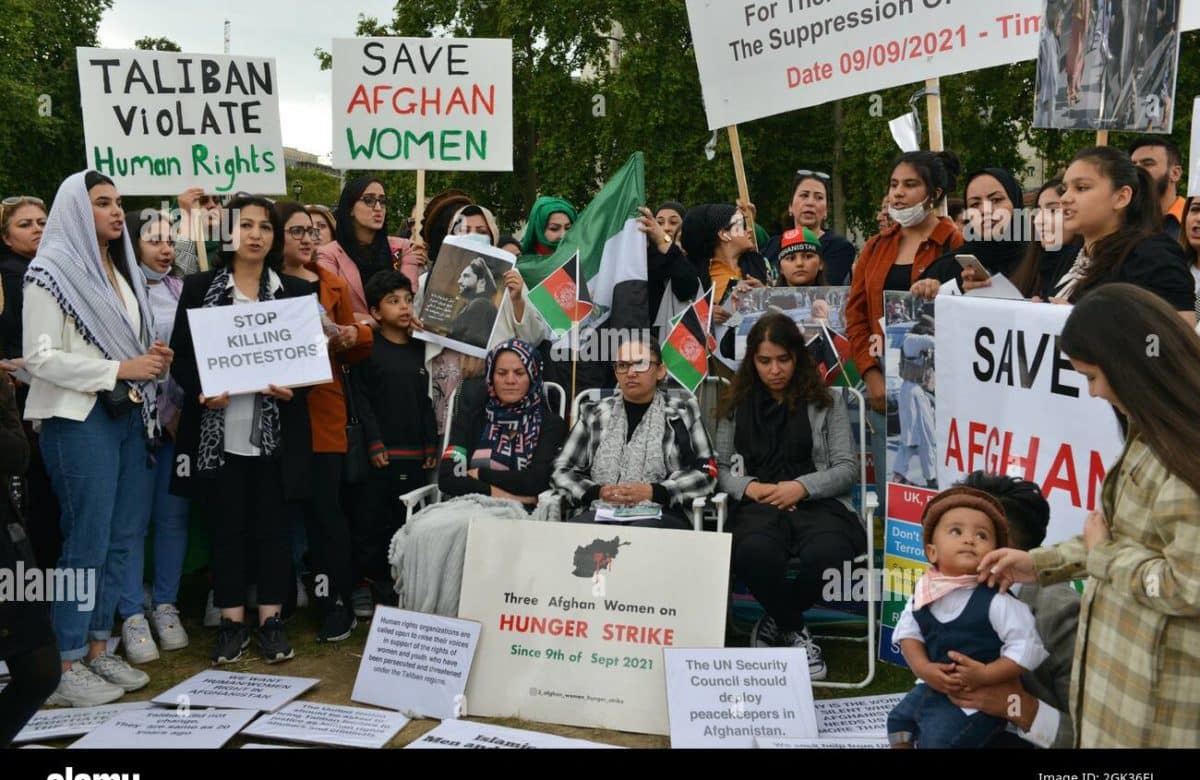
EU looks to tighten borders over migration concerns
اتحادیه اروپا به دنبال تشدید مرزها به دلیل نگرانی های مهاجرت است
رهبران اتحادیه اروپا گفته اند که مرزهای خود را محکم خواهند کرد و برخی به دنبال حصارها و دیوارهای بیشتری هستند در حالی که برخی دیگر ترجیح می دهند این پول را صرف بهبود شرایط زندگی در بخش های بدتر جهان کنند.
ایرلند، اتریش، هالند، بلژیک و دانمارک از جمله 27 رهبران ملی بودند که در بروکسل گردهم آمدند تا نگرانی خود را در مورد افزایش ورود غیرقانونی اعلام کنند و حدود 330000 گذرگاه مرزی در سال گذشته ثبت شد.
لئو وارادکار، رئیس تائوئیس، گفت: «کشورهای اروپایی افزایش زیادی را در تعداد افرادی که به طور نامنظم از خارج از اروپا می آیند، تجربه می کنند.
مهم است که ما به عنوان اروپایی تصمیم بگیریم چه کسی وارد کشورهای ما شود، نه قاچاقچیان انسان… آنهایی که به وضعیت پناهندگی دست می یابند حق دارند بمانند اما دیگران حق ندارند، و آنها باید بازگردانده شوند.”
مهاجرت از سال 2015 زمانی که بیش از یک میلیون نفر که عمدتاً از جنگ سوریه گریخته بودند، از دریای مدیترانه عبور کردند و به اروپا رفتند و کشورهای عضو به شدت بر سر چگونگی تامین نیازهای آنها با هم جنگیدند، موضوعی بسیار حساس در اتحادیه اروپا بوده است.
اتحادیه اروپا که قادر به توافق نیست، به سختتر کردن مرزهای خود روی آورده است تا از ورود مردم خاورمیانه، آفریقا و آسیا جلوگیری کند، علیرغم انتقادها مبنی بر غیرانسانی بودن چنین سیاستی و نادیده گرفتن شکافهای بازار کار.
بر اساس گزارش پارلمان اروپا، از اسپانیا و یونان گرفته تا لتونی و لهستان، در سال 2022 بیش از 2000 کیلومتر دیوار و حصار مرزی در اتحادیه اروپا وجود داشت که این رقم در سال 2014 کمی بیش از 300 کیلومتر بود.
با این حال، با شروع مجدد تحرک جهانی از زمان همه گیری کووید-19، ورود غیرقانونی به اتحادیه اروپا در سال گذشته به بالاترین سطح خود از سال 2016 افزایش یافت و لفاظی های تندتر ضد مهاجرت را احیا کرد.
European Union leaders have said they would tighten their borders, with some seeking more fences and walls while others would rather spend the money on improving living conditions in worse-off parts of the world.
Ireland, Austria, the Netherlands, Belgium and Denmark were among the 27 national leaders meeting in Brussels to express concern about increasing irregular arrivals, with some 330,000 border crossings recorded last year.
Taoiseach Leo Varadkar said: “European countries are experiencing a big increase in the number of people who are coming from outside Europe on an irregular basis.
“It’s important that we, as Europeans decide who enters our countries, not the human traffickers…Those who gain refugee status have the right to remain but others don’t, and they should be returned.”
Immigration has been a highly politically sensitive topic in the EU since 2015 when more than a million people, mostly fleeing the war in Syria, crossed the Mediterranean into Europe, and member states fought bitterly over how to provide for them.
Unable to agree, the EU has turned to tightening its borders to prevent people from the Middle East, Africa and Asia from arriving, despite criticisms that such policy was inhuman and neglected labour market gaps.
From Spain and Greece to Latvia and Poland, there were more than 2,000km of border walls and fences in the EU in 2022, compared to just over 300km in 2014, according to a report by the European Parliament.
Still, with global mobility restarting since the Covid-19 pandemic, irregular arrivals into the EU rose last year to their highest level since 2016, reviving harsher anti-immigration rhetoric.
Main Resource Link
- Tags
- Europe



